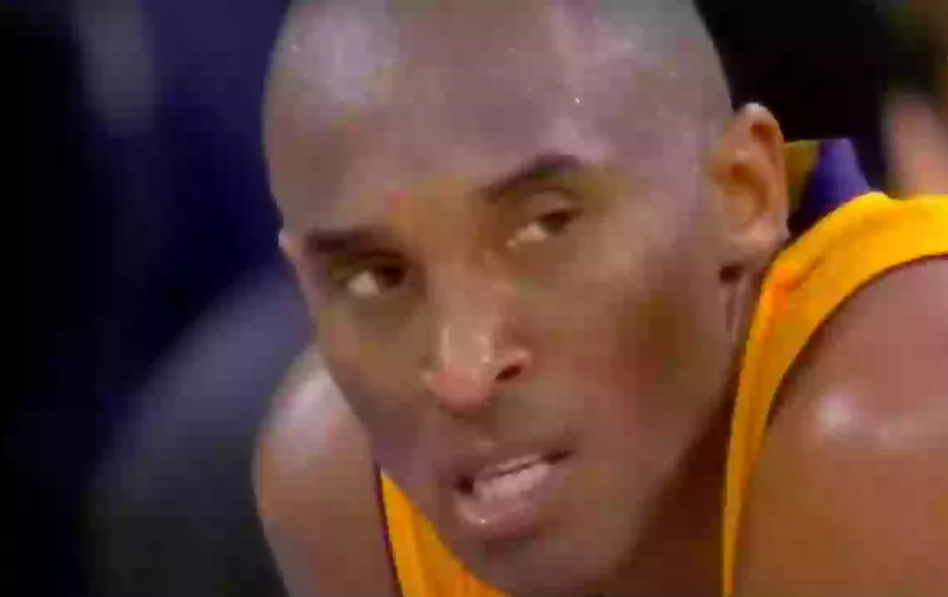Nearly two decades after one of the most baffling performances in NBA playoff history, former Los Angeles Lakers guard Jim Jackson has finally peeled back the curtain on what really happened during Game 7 of the 2006 first-round series against the Phoenix Suns.
Said game saw Kobe Bryant, one of the most aggressive scorers in league history, inexplicably stop shooting in the second half. Appearing on Podcast P with Paul George, Jackson recounted the emotional unraveling that led to Bryant’s quiet protest.
“He didn’t shoot,” Jackson said bluntly. “We got up 3-1 and I’m talking sh*t to my boys in Phoenix, exit first round! Smush Parker had done a phenomenal job in the first four games on Steve Nash. Then, some things changed where Smush started to get outside of his game. Phil kind of let him get away with it and Kobe was pissed.”
According to Jackson, the Lakers’ early success in the series was built on discipline and role clarity. Parker’s defense on Nash was a key factor, and the team had embraced a gritty, structured approach. But as the series progressed, players began to drift from the game plan. Jackson suggested that head coach Phil Jackson’s decision to let things slide only fueled Kobe’s frustration.
“Guys went outside the parameters of who they were and why they were up 3-1,” Jackson continued. “And nothing was being done about it.”
The real reason Kobe didn’t shoot during 2nd half of game 7 in 2006 👀
“[Kobe] was proving a point.” pic.twitter.com/pVlBPdh8q1
— Podcast P with Paul George (@PodcastPShow) July 7, 2025
In Game 7, Bryant scored 23 points in the first half but took just three shots after halftime, only one in the fourth quarter. The Lakers were blown out 121–90, completing a collapse that stunned fans and analysts alike. At the time, Bryant’s passivity was interpreted as either a protest or a cryptic message to the front office. Now, Jackson’s account adds clarity: Kobe was trying to prove a point to the coaching staff and his teammates.
“I think Kobe, at that time, was proving a point,” Jackson said. “Aaron McKie and I were sitting there on the bench like, ‘He ain’t shoot. He ain’t even looking.’”
The moment remains one of the most debated in Bryant’s career. While some criticized him for quitting on his team, others saw it as a calculated act of leadership, an attempt to expose the cracks in the foundation and force accountability. Whatever the interpretation, it was a rare glimpse of Kobe using silence, not scoring, to send a message.


